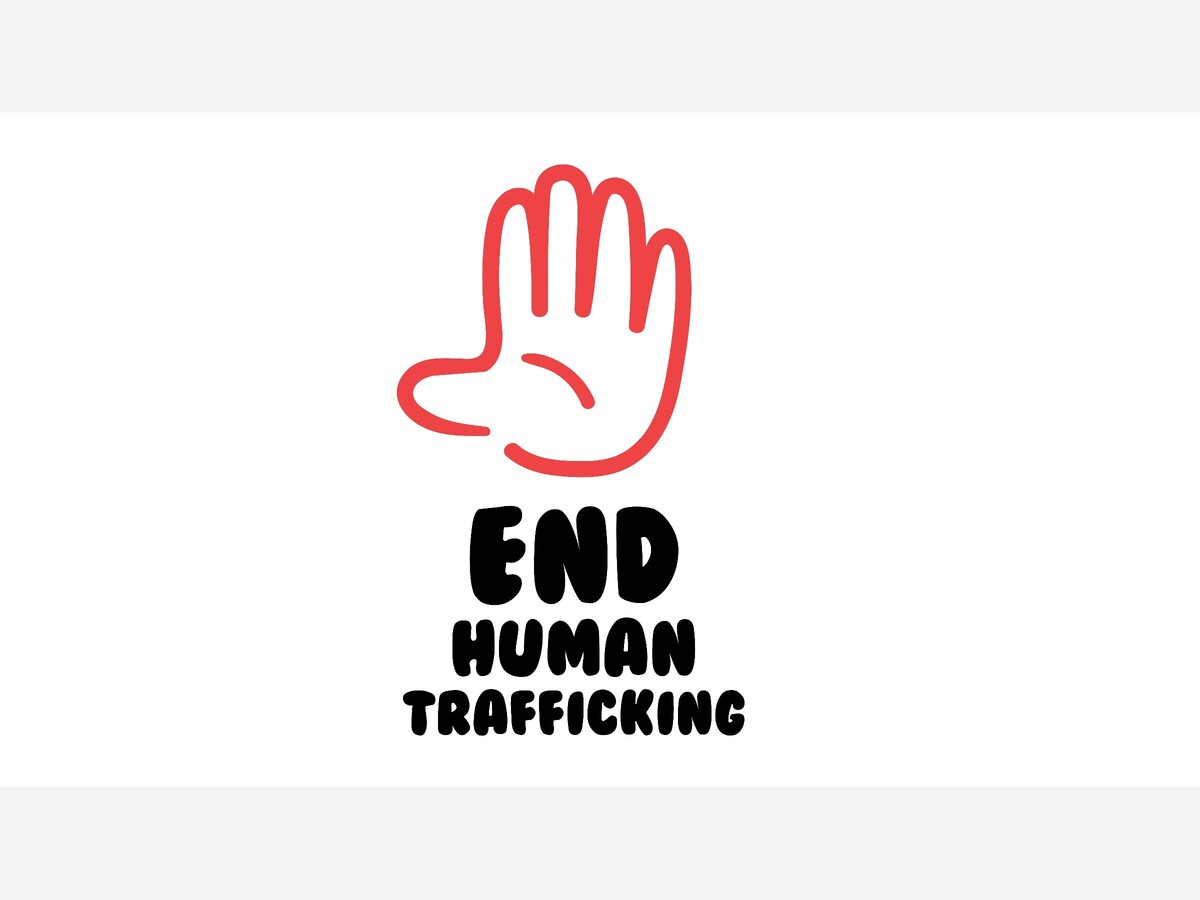Image


The original proclamation for National Human Trafficking Prevention Month (January) was in 2010 by President Obama. Presidential Proclamation--National Slavery and Human Trafficking Prevention Month | whitehouse.gov (archives.gov)
"Our Nation was founded on the enduring principles of equality and freedom for all. As Americans, it is our solemn responsibility to honor and uphold this legacy. Yet, around the world and even within the United States, victims of modern slavery are deprived of the most basic right of freedom. During National Slavery and Human Trafficking Prevention Month, we rededicate ourselves to preventing and ending human trafficking, and we recognize all who continue to fight this serious human rights violation."
Presidential proclamations not only raise the profile of the issue, but are also snapshots of global trends and challenges, and significant U.S. anti-trafficking policy achievements. Some highlights include:
*In 2012, the issuance of the Executive Order ‘Strengthening Protections Against Trafficking in Persons in Federal Contracts ‘;
*In 2016, the first convening of the U.S. Advisory Council on Human Trafficking;
*In 2017, the State Department’s launch of its largest anti-trafficking program, the Program to End Modern Slavery; and
*In 2021, the release of the updated National Action Plan to Combat Human Trafficking.
HUMAN TRAFFICKING DEFINED
TVPA (Trafficking Victims Protection Act) defines “severe forms of trafficking in persons” as:
A victim need not be physically transported from one location to another for the crime to fall within this definition.
Trafficking-in-Persons-Report-2023_Introduction-V3e.pdf (state.gov)
Dec 29, 2023
National Human Trafficking Prevention Month - United States Department of State
Additional articles